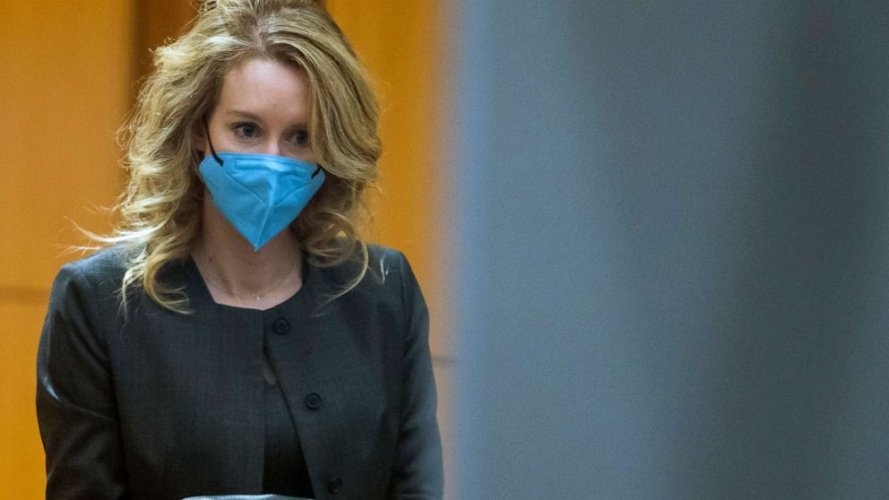Big Fun In The Big Town (1986) | Old School Hip Hop Doc
- By Blackgravity
- Music
- 3 Replies
I remember this, I was 17 (telling my age) when this came out ,the 80's were the best times for Hip Hop, everything was new and groundbreaking, from Breakdancing to graffiti the amount of fun we had back then is hard to explain. Todays "hip hop" , the feel the culture the fun... is not Hip Hop.Big Fun in the Big Town is a Dutch music documentary made by the VPRO in 1986. It was directed by Bram van Splunteren and presented by Belgian TV presenter Marcel Vanthilt. The documentary was shot on location in New York City and consisted of two parts, one about rock singer Iggy Pop and the Stooges, the other about the American hip hop scene. The latter turned out to have a much bigger impact on the Dutch music scene and enjoys a cult classic status among hip-hop fans. The documentary was made in September 1986 in eight days time and filmed in the streets of New York City. Vanthilt and his four Dutch colleagues had hired some body guards for protection from local street gangs. They managed to interview several important pioneers of early hip hop, including Run–D.M.C., LL Cool J, Doug E. Fresh, Grandmaster Flash, Roxanne Shante, Biz Markie, MC Shan, Russell Simmons, Mr. Magic, Schoolly D and The Last Poets. Grandmaster Flash showed his talents in scratching and DJing, Doug E. Fresh did beatboxing on a busy street corner in Harlem, New York and LL Cool J still lived with his grandmother at time of recording. The documentary crew literally arrived at a turning point for hip hop. Run–D.M.C. had just released the single "Walk This Way", their duet with the rock band Aerosmith, which would cause mainstream acceptance of the genre by a major white audience. Because of this element Big Fun in the Big Town still provides a unique time capsule. - Wikipedia
Login to view embedded media View: https://youtu.be/GZHbaa8_TpY


